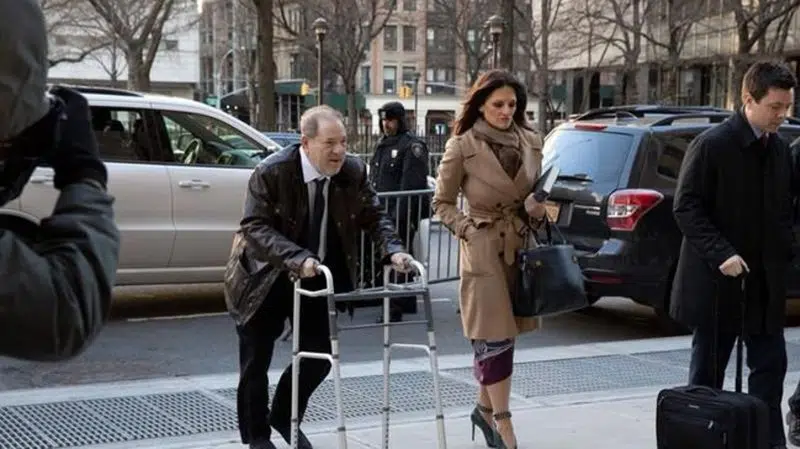
#MeToo prosecutors deploy experts early to thwart defence
When his trial opens in the coming days, Harvey Weinstein’s defence team is expected to go on the offensive against the women who have accused him of rape and sexual assault, in part by questioning if they acted like victims afterward.
New York City prosecutors intend to counter with a strategy that’s taken hold since the 2018 retrial of comedian Bill Cosby: calling a sex crimes expert as a witness to dispel assumptions about how rape and sexual assault victims behave after an attack.
In fact, Weinstein’s prosecutors are using the very same expert, Dr. Barbara Ziv. She was the first prosecution witness at Cosby’s retrial and is expected to testify early in Weinstein’s trial this month.
Ziv, a forensic psychiatrist who has spent decades working with sex offenders and victims, is likely to be an important potential bulwark against Weinstein’s defence that he had consensual relationships with the two women at the centre of the case.


